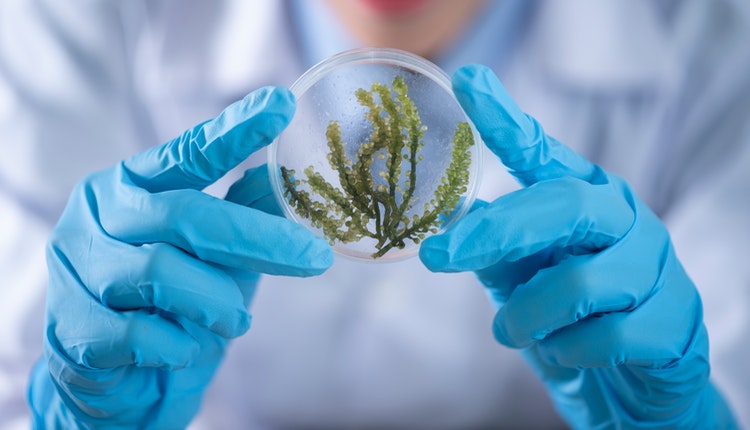Perks of Pursuing a Career in the Life Sciences

Graduating from high school is a day of celebration for everyone. However, it also marks the beginning of another phase of the life, in terms of academics as well as personal life. With this new beginning comes hand-in-hand the crucial step of deciding the career option. Choosing the correct career option is often life-changing, so students prefer taking this decision after looking through all the possible pros and cons of the choice.
Among all the subjects, it is often seen that students prefer taking a career in Life Sciences. There could be several reasons behind this. Let us try to find out a few of them.
What Do You Know About Life Sciences?
The term “Life Sciences” includes a large number of subjects ranging from Botany that deals with the study of plants to Zoology that deals all about animals, studying all about all kinds of microorganisms under Microbiology to knowing about the chemical reactions within biological systems under Biochemistry and many more. Besides these core subjects, there are subjects like Biophysics, Oceanography, Forestry, Genetics, Immunology, etc. are also considered to be a part of Life Sciences. These subjects are research based and anyone who wishes to get into life sciences should have a knack for research, and a curious bent of mind.
What is the Potential a Life Sciences Career Has for Students?
Right before we choose a career or a subject for our higher education, we need to ask ourselves a very simple question, “What is my passion?” The answer will be different for all of us. However, there will be few of us who dream of making a difference in the world by developing a life-saving vaccine or medication. While there will be few keen on working in the quality control to maintain the quality of food products and thereby prevent widespread illnesses. Some, on the other hand, may be interested in pushing society into the future with breakthroughs in technology. For all these people out there, pursuing a career in life sciences would be the best decision ever that will provide them with all the right opportunities.
Usually all scientific breakthroughs in medicine are considered to be the contribution of Life Sciences. However, it is not quite true. Careers in Life Sciences have also held crucial roles in other fields, such as agriculture and food protection, for hundreds of years. Due to the never-ending need of new studies in the field of Life Sciences, innovative individuals are demanded by the society, thereby providing a plethora of job security for those with a career in life science.
What Job Opportunities Are Available in this Field?
There are several possibilities across dozens of fields, in the genre of Life Sciences. Few most common careers in life sciences include biochemists, clinical research associates, research assistants, and microbiologists. Other lesser-known, yet still important, career options include biomedical scientist, biotechnologist, computational biologist, industrial pharmacist, and bioinformatician. Although most of the life science careers predominantly reside in the medical field, jobs like that of a computational biologist can span across many other fields, including computer science and ecology.
Job Opportunities in the Medical Field
In case you wish to pursue a career in the medical field, a biomedical scientist can be one of the best options. Their duties include examining tissue samples and aiding and advising medical doctors in diagnosing and treating their patients. In order to be a biomedical scientist, one needs to have extensive knowledge in pathology, anatomy, and physiology. Other life science careers that are heavily involved in the medical field include industrial pharmacist and clinical research associate. An industrial pharmacist is responsible for developing safe, effective medicines and making them available in the market. They may be involved at any stage of the process, whether the discovery, running clinical trials, or effectively marketing the drug. The job description of a clinical research associate is somewhat similar to that of an industrial pharmacist.
Look Beyond Medical Field
In case you still haven’t made up your mind for a career in the medical, agriculture, ecology, or computer science field, you can always have the option of switching to biotechnology, biochemistry, computational biology, or microbiology. These scientists are responsible for managing several intricate processes in our daily life such as monitoring food production, solving environmental issues, to computer sciences, making scientific discoveries and so on. The possibilities are plentiful.
We hope you make the best career choice for yourself and our article has been useful in choosing you career path!






